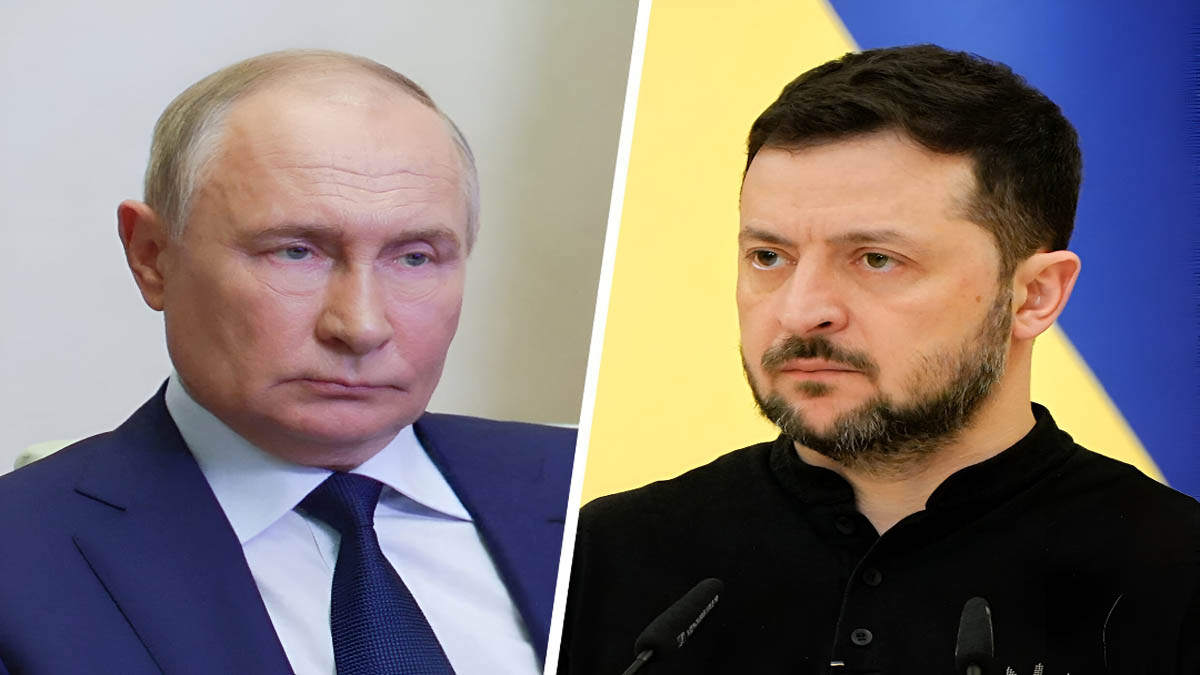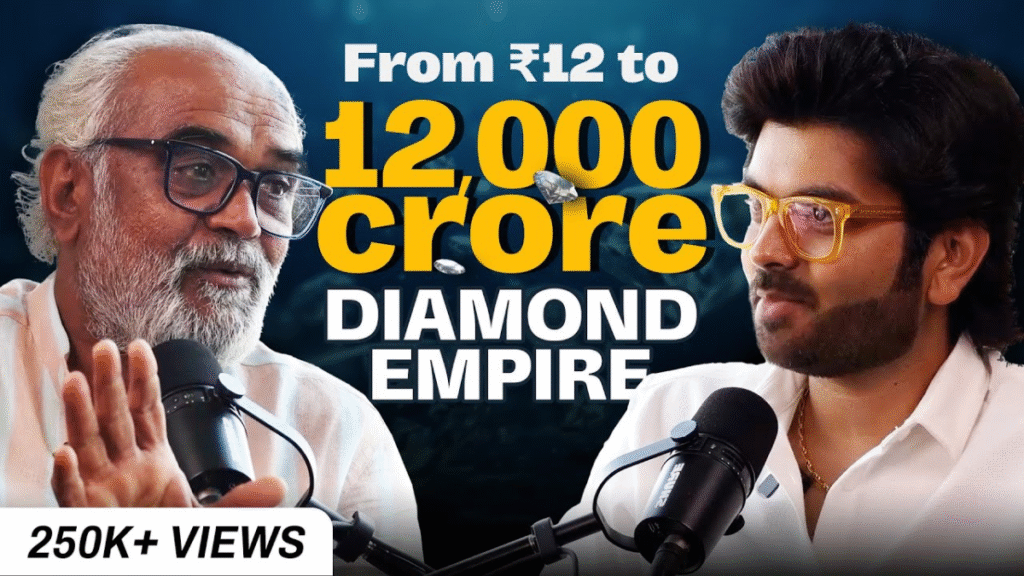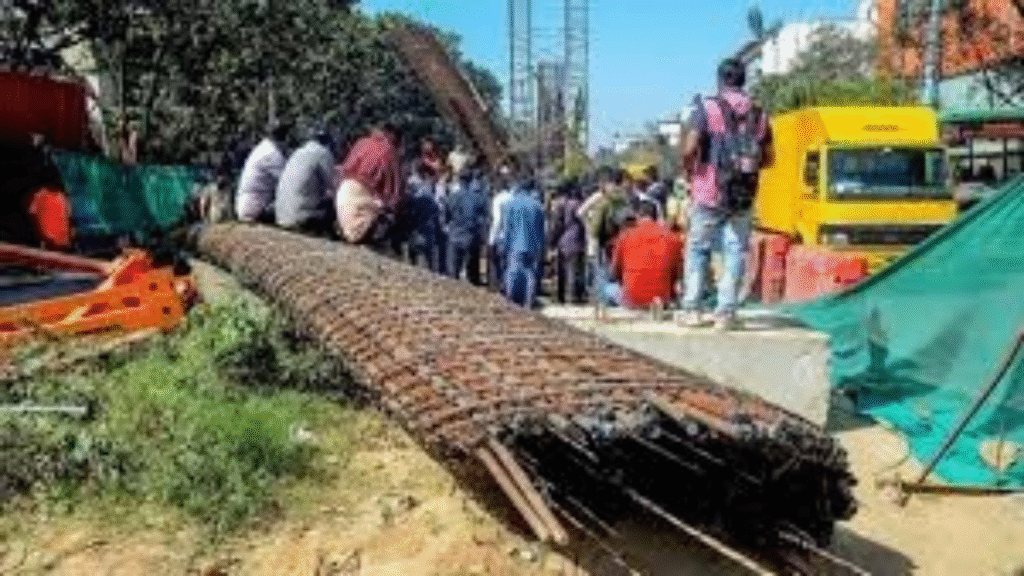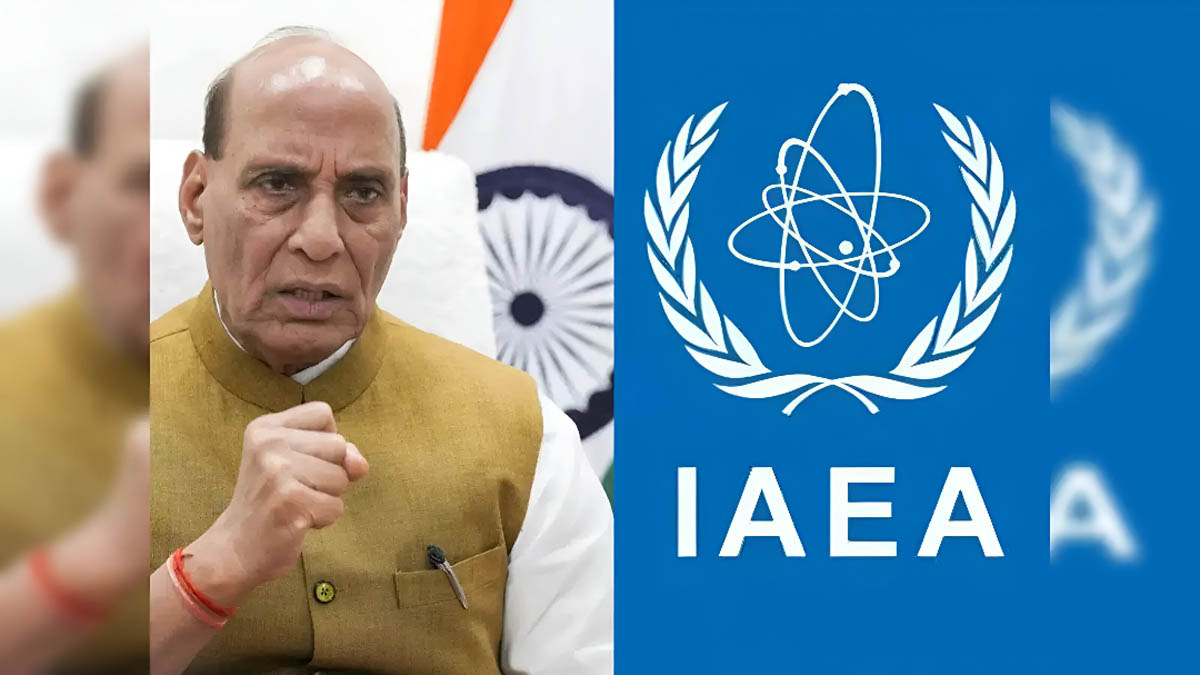Now Reading: Zelensky Accuses Putin of Sabotaging Peace Efforts: “Russia Shows No Intention to End the War”
-
01
Zelensky Accuses Putin of Sabotaging Peace Efforts: “Russia Shows No Intention to End the War”
Zelensky Accuses Putin of Sabotaging Peace Efforts: “Russia Shows No Intention to End the War”

Ukrainian President Volodymyr Zelensky has delivered a scathing critique of Russian President Vladimir Putin’s continued absence from peace negotiations, asserting that Russia’s actions demonstrate a clear lack of intent to terminate the ongoing conflict. In a recent address, Zelensky condemned what he perceives as Moscow’s persistent obstructionism, painting a picture of a nation unwilling to engage in meaningful dialogue.
“The absence of President Putin from any serious peace talks speaks volumes,” Zelensky stated, his words resonating with frustration and resolve. “It is not merely a matter of scheduling conflicts; it is a deliberate choice, a calculated maneuver to perpetuate the war. Russia’s actions on the ground, coupled with their diplomatic stonewalling, reveal a stark truth: they do not intend to end this aggression.”
Zelensky’s remarks come amidst a backdrop of escalating tensions, with continued reports of military clashes and civilian casualties. The Ukrainian leader emphasized that numerous international efforts to facilitate dialogue have been met with resistance from the Kremlin, further solidifying his conviction that Russia is not genuinely interested in a peaceful resolution.
“We have explored every avenue, engaged with every potential mediator, and presented numerous proposals,” Zelensky explained. “Yet, the response from Russia remains consistent: denial, obfuscation, and escalation. This is not the behavior of a nation seeking peace; it is the strategy of an aggressor determined to achieve its objectives through force.”
The Ukrainian president also addressed the international community, urging them to recognize the gravity of the situation and to intensify their support for Ukraine. He stressed the importance of unified pressure on Russia, including sanctions and diplomatic isolation, to compel them to the negotiating table.
“The world must see Russia’s actions for what they are: a blatant disregard for international law and human life,” Zelensky asserted. “We need more than words; we need concrete actions. We need unwavering support from our allies to ensure that Russia understands the consequences of its aggression.”
Analysts suggest that Zelensky’s sharp rhetoric reflects a growing sense of urgency within the Ukrainian government, as they seek to maintain international attention and support amidst the prolonged conflict. The absence of substantive progress in peace talks has fueled concerns about a protracted war, with potentially devastating consequences for the region and beyond.
The Kremlin, meanwhile, has consistently maintained that it is open to dialogue, but only on its own terms. They accuse Ukraine and its Western allies of undermining peace efforts by supplying weapons and imposing sanctions. The Russian government has made it clear that they consider their “special military operation” to be a justified response to perceived security threats.
Despite the seemingly insurmountable obstacles, Zelensky reiterated his commitment to seeking a peaceful resolution, emphasizing that Ukraine remains open to genuine negotiations. However, he also made it clear that Ukraine would not surrender its sovereignty or territorial integrity.
“We yearn for peace, but not at the cost of our freedom,” Zelensky concluded. “We will continue to defend our land, our people, and our future. We will not be deterred by Russia’s intransigence. We will persevere until justice prevails and peace is restored.”
The international community now watches closely, as the chasm between Ukraine and Russia widens, and the prospects for a swift resolution dim. The question remains: can diplomacy overcome the entrenched positions of both sides, or is the region destined for a prolonged and devastating conflict?










